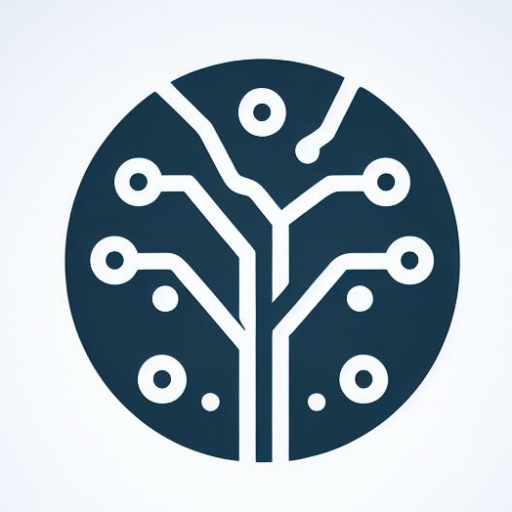Generative AI is a branch of artificial intelligence that focuses on creating new content or data from scratch, such as images, text, music, code, and more. Generative AI has many potential applications and benefits for various domains, such as entertainment, education, health, business, and science. However, generative AI also poses some challenges and risks, such as ethical, legal, and social implications.
One of the most promising and popular applications of generative AI is in the field of entertainment, where it can be used to create novel and engaging content for games, movies, books, and music. For example, generative AI can produce realistic and diverse characters, environments, plots, dialogues, and soundtracks for various genres and styles. Generative AI can also enhance the interactivity and immersion of the content, by adapting to the preferences and feedback of the users. Some examples of generative AI in entertainment are [AI Dungeon], a text-based adventure game that generates stories on the fly, [OpenAI Jukebox], a neural network that generates music with lyrics and vocals, and [GPT-3], a language model that can write anything from essays to scripts.
Another potential application of generative AI is in the field of education, where it can be used to create personalized and adaptive learning materials and assessments for students. For example, generative AI can generate questions, answers, explanations, feedback, and hints for various subjects and levels of difficulty. Generative AI can also create realistic and diverse scenarios and simulations for training and testing the skills and knowledge of the students. Some examples of generative AI in education are [Duolingo], a language learning app that generates exercises and feedback for learners, [Quizlet], a study tool that generates flashcards and quizzes for various topics, and [AI Tutor], a system that generates natural language dialogue for tutoring students.
However, generative AI also has some challenges and risks that need to be addressed and mitigated. One of the main challenges is ensuring the quality, accuracy, and reliability of the generated content or data, especially when it is used for critical or sensitive purposes, such as health, business, or science. For example, generative AI can generate false or misleading information, such as fake news, deepfakes, or spam, that can harm the reputation, privacy, or security of individuals or organizations. Another challenge is ensuring the ethical, legal, and social implications of the generated content or data, such as the ownership, authorship, responsibility, and accountability of the creators and users. For example, generative AI can raise questions about the originality, creativity, and value of the generated content or data, as well as the rights, obligations, and liabilities of the parties involved.
In conclusion, generative AI is a powerful and promising technology that can create new content or data from scratch, with many applications and benefits for various domains. However, generative AI also poses some challenges and risks that need to be considered and addressed, such as the quality, accuracy, reliability, ethics, legality, and social impact of the generated content or data. Therefore, generative AI requires careful and responsible development and use, with the collaboration and cooperation of researchers, developers, users, and regulators.





Leave a Reply